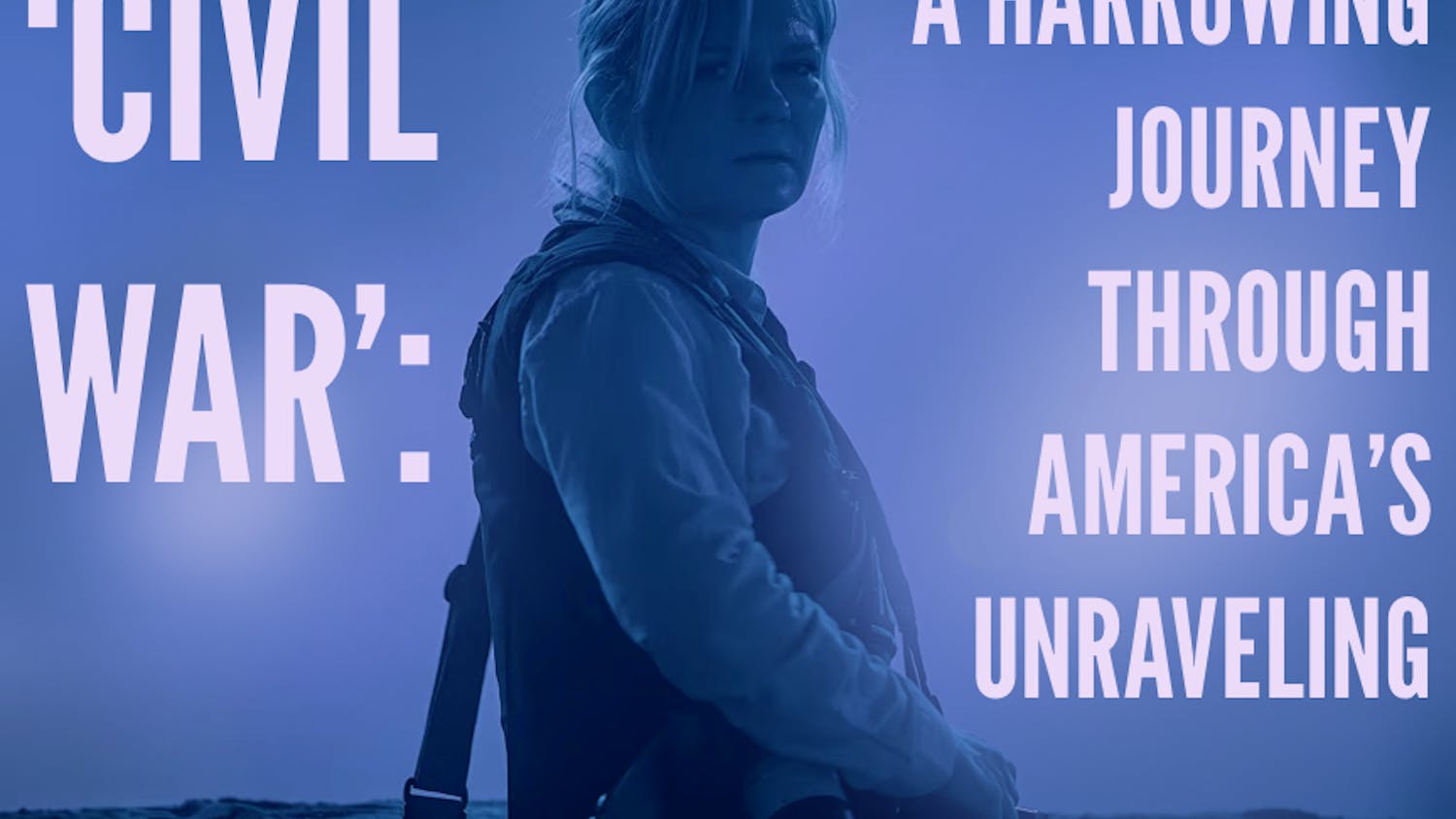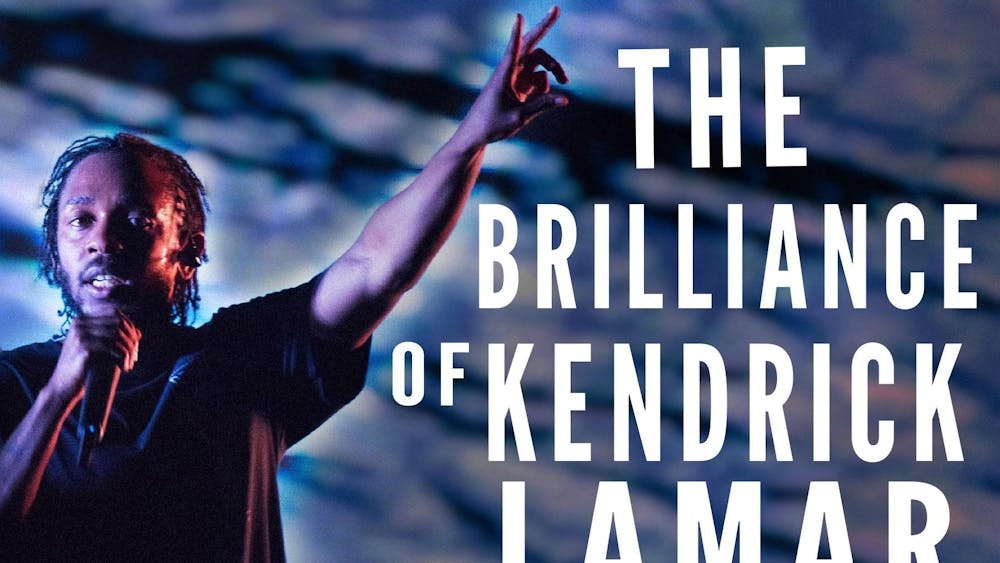
After the Super Bowl, 27 million viewers tuned into “This Is Us” to watch Jack Pearson, the show’s beloved patriarch, die. Fans of the show realized the culmination of a season’s worth of emotional groundwork, an episode rooted in grief and guilt, while everyone else probably stared in confusion. “This Is Us” premiered in the fall of 2016 as the nation was embroiled in the ugliest election cycle in decades, emerging as a hopeful antidote to the cynicism of today. It is highly sentimental, shamelessly manipulative and prone to simplicity; this show is, in other words, everything I profess to despise in entertainment. Yet, despite my better judgment, I really like this imperfect, wildly emotional show for reasons I did not anticipate.
“This Is Us” follows the Pearson family through the decades, watching Jack (Milo Ventimiglia) and Rebecca (Mandy Moore, brilliant in a difficult role) raise their children into the complex adults we see in the present. They include Kevin (Justin Hartley), a washed-up sitcom star searching for his next break; Kate (Chrissy Metz), who struggles with weight loss and a new fiance; and Randall (an astonishing Sterling K. Brown), adopted as an infant and always negotiating that disconnect. Since the first season, the family has grappled with addiction, dashed dreams, biological parents and premature deaths, granting audiences access to the twisty, involving story of a single family.
One of the main appeals of “This Is Us” is its structure. Its multiple timelines allow for reveals and reversals, unearthing old wounds and grudges that persist to the present. While this approach may seem better-suited for high-stakes adventures like “Westworld” or “Mr. Robot,” the gimmick — clearly designed to draw audiences back week after week — frequently works. Sometimes, the reversals are annoyingly conceived and induce eye-rolls; but mostly, these episode-ending reveals mimic the secrets of a real family. We have all been blindsided by unacknowledged baggage at family gatherings or leaned in when the grandparents talk about that cousin; “This Is Us” recognizes this desire and deftly amplifies it.
However, the structure also indulges a series flaw, an unfortunate tendency to exploit emotional moments for maximum impact, especially the aforementioned death of Jack Pearson. This particular plot dragged for more than an entire season, as every dangerous moment arrived interspersed with notes of foreboding danger. The exact details of his demise were doled out at excruciating length until the recent depiction of his death unfolded. “This Is Us” is not necessarily a soap-y drama, but its focus on hype cheapens the real emotional charge of these moments.
However, when these moments finally arrive, “This Is Us” proves exceptionally adept at nuanced depictions of grief and love. The top-notch ensemble is indispensable, with Hartley, Metz and Ventimiglia all crafting indelible characters. Sterling K. Brown is the clear star, but Mandy Moore has positioned herself as the family’s quiet anchor and deeply-flawed matriarch. The series is well versed in the art of montage, wringing every last tear from its audience as it cuts from the happy past to the complex present. The writing engages with long-term grief and love in ways that few series dare touch, largely through supremely well-acted monologues. “This Is Us” clearly loves its characters, and this affection shows more in small interactions and wordless looks than in the relentlessly promoted big moments. “This Is Us” thrives on life’s in-betweens, the intimate moments left out of scrapbooks but remembered for years nonetheless.
Ultimately, I like “This Is Us” because it gives me permission to feel. In fact, I believe this catharsis is behind the show’s ratings success. This weekly hour of warmth and emotion has provided a large cross-section of America a safe space to feel, to grapple with past ghosts through good-looking proxies on television. “This Is Us” will not heal the national divide, and I admit, its cuddly middle-class Americana might largely appeal to those from backgrounds similar to my own. But the next time your mother encourages you to check out this sad family drama everyone’s talking about, give it a shot. It might surprise you.













